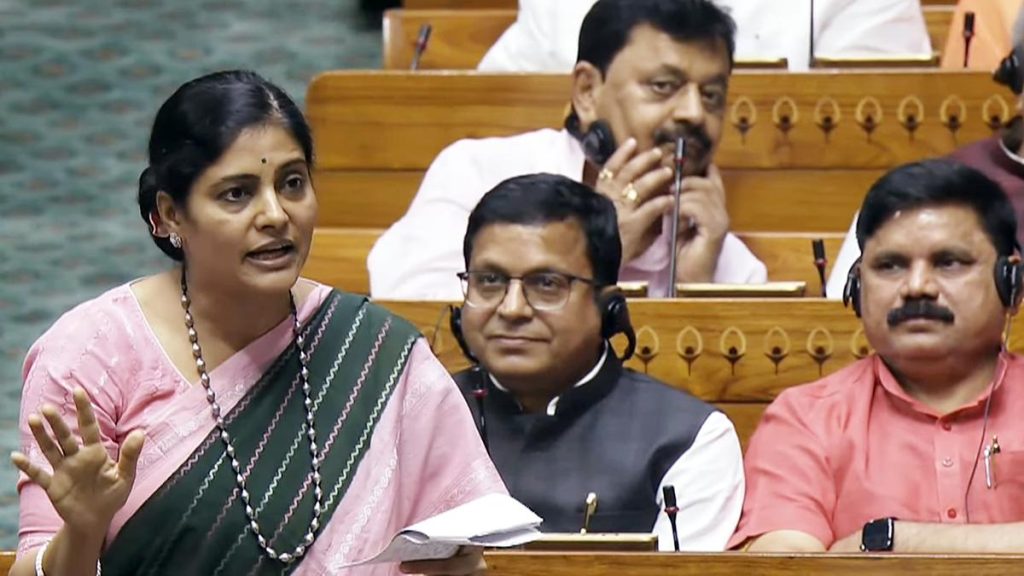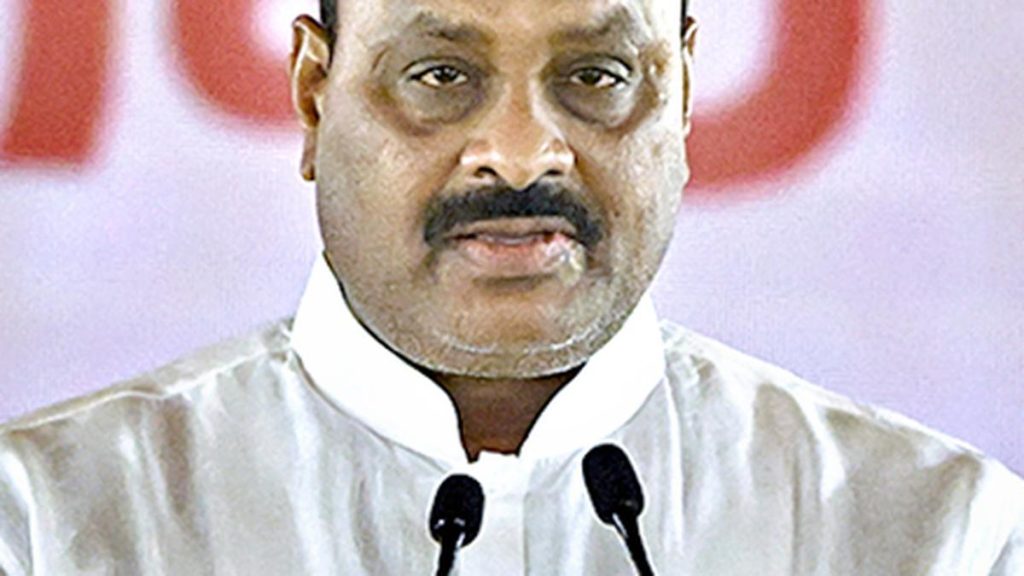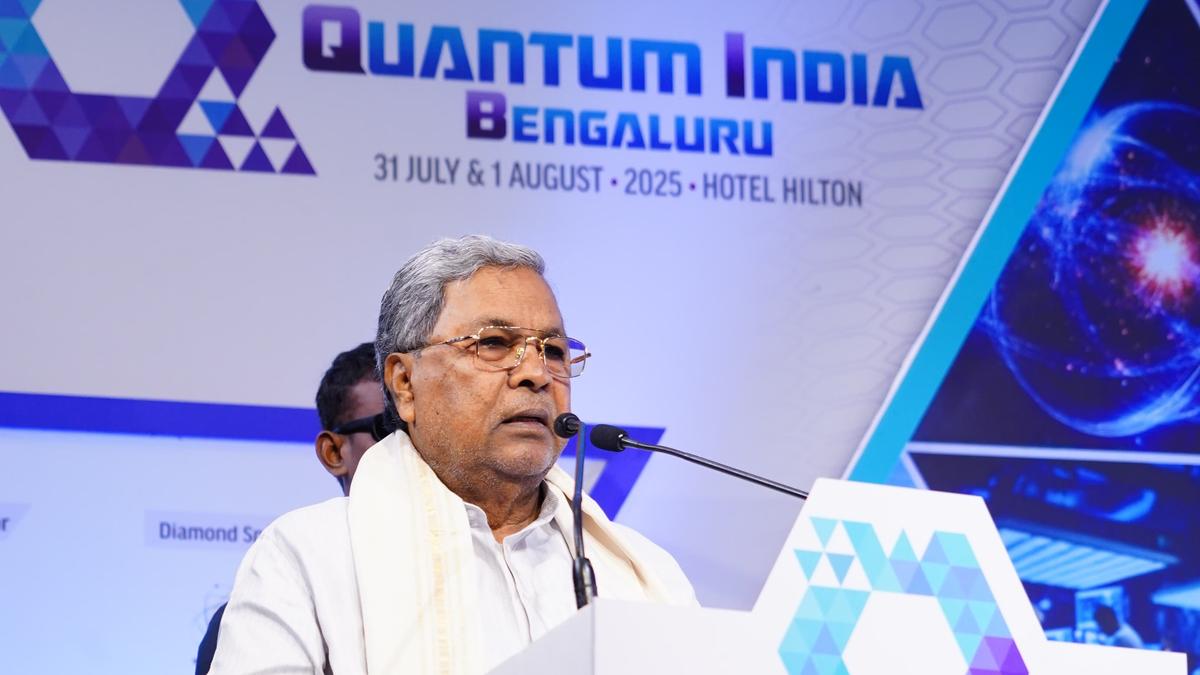Now Reading: Meghalaya High Court Hears Proposal on Shared Crematoria for Hindus and Indigenous Faiths
-
01
Meghalaya High Court Hears Proposal on Shared Crematoria for Hindus and Indigenous Faiths
Meghalaya High Court Hears Proposal on Shared Crematoria for Hindus and Indigenous Faiths

Swift Summary:
- Location: Guwahati, Meghalaya.
- Hindus and followers of indigenous faiths in Meghalaya are nearing consensus on sharing common cremation grounds,as informed to the High court of Meghalaya.
- The court urged further discussions for resolving disagreements between communities that cremate their dead over shared spaces.
- A division bench highlighted the scarcity of burial spaces, calling for common cemeteries for Christian denominations given land constraints in the hill State.
- Demographics (2011 Census):
– Christians: About 75% (mostly Catholic, Presbyterian, Baptist).
– Hindus: Largest minority group (11.52%).
– Indigenous faith believers: Approximately 8.7%.
- Public Interest litigation filed by Seng Khasi Hima Crematorium noted division on cremation grounds:
– Khasi and Jaintia communities seek separate facilities from hindus.
- An amicus curiae appointed earlier facilitated dialog among stakeholders including community representatives and officials but recommended more meetings to finalize this issue; some groups have agreed to share spaces while others remain undecided.
- The High Court suggested forming a committee led by the Chief Secretary to acquire land for common cemeteries and resolve conflicts among religious groups.
Indian Opinion Analysis:
Balancing tradition with practical exigencies is key for religious coexistence in a diverse state like Meghalaya. The scarcity of burial land combined with differing customs illustrates both logistical challenges and cultural sensitivities at play in this dispute. While progress toward sharing cremation grounds signals constructive dialogue, achieving full resolution will likely require continued negotiation that respects each community’s identity while addressing pragmatic needs.
The involvement of state authorities via acquiring shared public funeral spaces could serve as a long-term solution but might be met with resistance if perceptions of compromise or imposition arise. Ensuring equitable participation from all stakeholders will be crucial in fostering trust throughout this process-a model also applicable nationwide as India navigates interfaith complexities linked to resource limitations.
























